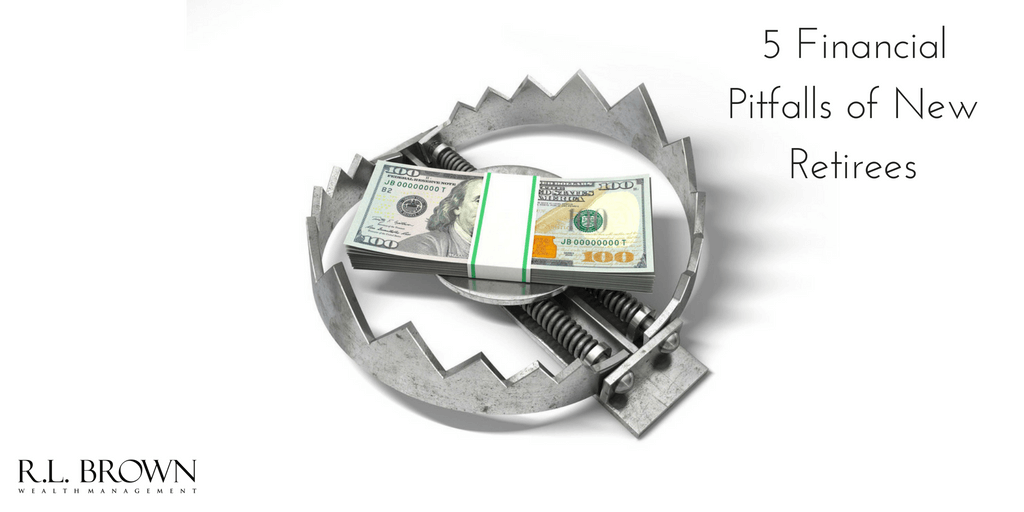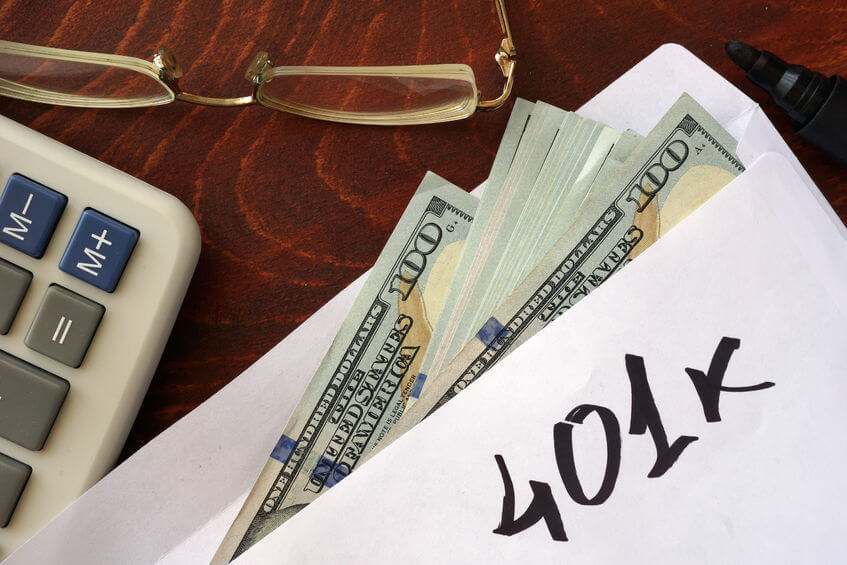Did you know there are things you could be doing differently every day to save more of your hard-earned money? Lots of little actions can add up to big savings in your wallet, which is why I thought it would be beneficial to list some of them in this blog. If you’re trying to save up for a big vacation or large purchase but don’t know where that money will come from, try some of these tricks for a few months and see how much you end up stock piling. Chance are, it will be much more than you think!
1. Buy a energy-conserving thermostat
Not only is this one good for your wallet, it’s also beneficial for the environment to avoid wasting energy you’re not using. Some thermostats can be set to automatically adjust temperatures when you leave your home. Other high-tech options can actually sense your habits and adjust temperatures accordingly when no one is home. Yes, this is an initial investment—especially for the high-tech thermostats—but the savings you’ll reap each month on your energy bill will likely make it more than worth it. Do your research and find an option with good ratings that fits best with your situation.
2. Take advantage of the library
All you avid readers—it’s a great hobby, but if you frequently invest in books on Amazon or ebooks for your tablet, it adds up. Instead, consider browsing what the library has to offer. Most libraries now offer ebook options with hundreds of titles available for free. You can also save big bucks on your movie streaming subscriptions by renting free movies from the library instead.
3. Bring your lunch to work and brew your coffee at home
Eating lunch out every day is a huge cost at the end of the month that you can avoid by taking a few extra minutes each morning to pack your own food. Think about it: depending on where you go, you could be spending $15 or more each day on lunch. That’s $75 per week, or $300 per month! On the other hand, if you bring a lunch from home, it will likely cost you a small fraction of that amount. Track how much you save by doing this for one month and you’ll see what I mean! Also, those $4 lattes you’re buying several times a week add up as well. Buy your own grounds at a grocery or coffee shop and you’ll reap some major savings each month.
4. Consider automatic transfers to your savings account
A lot of banks offer the option of automatic transfers through your online account. This is a good way to regularly stash away money each paycheck if you’re saving up for a significant purchase, or you just want to boost your emergency fund. Chances are, if that money is automatically transferred at the same time every month, you won’t even miss it, and you’ll be surprised at how quickly it adds up, even if it’s just a modest amount.
5. Check your transportation benefits
By law, qualifying employers are required to offer their employees the option to cover their commute using pre-tax income. You can set aside up to $255 a month before taxes for commute-related expenses like parking or transit passes.
6. Get a flexible spending account
This is a big money saver if you know you’re going to need regular prescriptions or doctor visits, especially if it’s a specialist that requires a higher co-pay. Available through employers, the income you contribute to your Flexible Spending Account is tax-free, and you can use for on expenses you’d be paying for anyway, like copays, deductibles, some medications, and more.
The bottom line: These are just a few of the ways you can save money each month. Try following one or more of them and see how much money ends up back in your pocket. You’ll probably be surprised at the way a few simple changes can make a significant difference in your finances.







